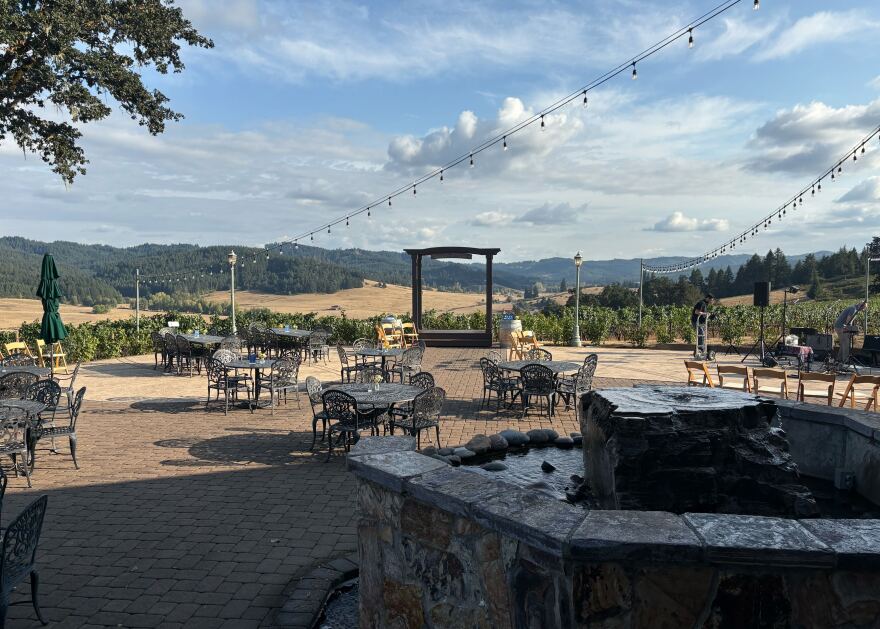Wheel the World is a travel planning platform focused on helping people with disabilities find locations that can accommodate their needs.
The platform was founded in 2018 and has since verified over 5,000 accessible locations around the world.
Through their website, travelers with disabilities can set the accessibility features they need and find hotels, restaurants and tourist attractions that align with their needs.
After Wheel the World mappers visited more than 750 locations across Oregon, the platform gave out its first state-wide stamp of approval.

Vanessa Amaro is Oregon’s key account manager for Wheel the World. She said the platform gives travelers with disabilities the information they need to make important itinerary decisions.
“For many people with disabilities, accessibility details are a deciding factor between booking a trip or staying at home. I think the most important thing (for) travelers with disabilities is the fear of not knowing what to expect when they get to a location,” Amaro said. “Knowing the width of the doorway or the slope of a ramp, it's not just like it's nice to know, it's essential for them.”
Mappers collected over 200 data points from various locations around Oregon, including toilet and bed height, door handle type, roll-in shower availability and accessible transportation options.
Amaro said Oregon has put in the work to make their most popular locations accessible, including participating in academy training that teaches best practices for disability-inclusive tourism. And it’s made a difference for travelers.
“Oregon made a huge, huge effort to include more than 43 communities in this initiative, and we really appreciate their leadership,” Amaro said. “Travelers are really happy, (and) are really confident that they can travel now with all the information available for them.”
She added that she hopes other states in the country will follow Oregon’s lead in seeing the importance of accessibility.






